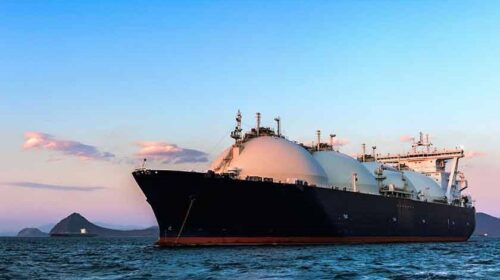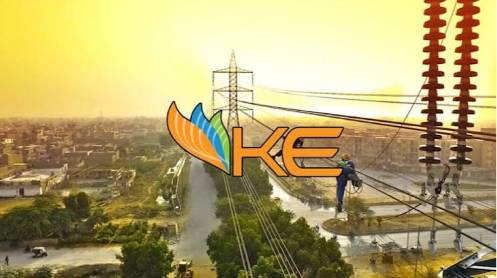Pakistan’s Liquefied Natural Gas (LNG) shortages appear prolonging for years as it failed to attract any bidder for a long-term contract because of tight international market conditions.
The state-run Pakistan LNG Limited (PLL) on Monday announced the results of two tenders for a total of 72 LNG cargos after a month-long extension in deadline and said it did not receive any bid. The PLL had originally floated the tender for 72 cargos — one cargo a month. This was to be in the shape of one tender for two lots — for first year January 2023 to December 2023 and then five years from January 2024 to December 2028.
The split was then modified to first lot of 24 cargos from January 2023 to December 2024 and second lot of 48 cargos from January 2025 to December 2028 on the desire of prospective bidders. To facilitate bidders, the deadline was also extended to October 3.
However, no bidder came back with a bid for either slots, indicating LNG was not available in the spot market as Europe booked all surplus cargos to make up for its energy shortages arising out of blockade of Russian gas supplies. Because of Nordstream disruptions, Germany is in advanced stages of development of at least four floating LNG terminals on war footing and has been booking longer term contracts in the Middle East at record prices touching $40 per million British thermal unit (mmBtu).
The Pakistan government had assured international suppliers to provide timely payments for their spot cargos over the next six years through Standby Letters of Credit (SBLCs) through top ranking international banks. The international firms had sought payment assurances, or sovereign guarantees, in view of prevailing balance of payment challenges.
“PLL will issue a SBLC from a scheduled bank with a long-term credit rating of at least AA from PACRA/JCR-VIS or equivalent from a reputable international credit rating agency…PLL may issue an SBLC through United Bank Limited (UBL)”, the company had explained asking the bidders to also seek confirmation of SBLC through top international banks, namely JP Morgan, Citi Bank and Deutsche Bank. The PLL had, however, declined to provide sovereign guarantee from the ministry of finance.
The company has also explained that bidders under the eligibility criteria could provide documentary evidence in the form of a supporting letter from an LNG supplier or producer, clearly stating that supply of at least one million tonne per annum (MTPA) of LNG from 2023 to 2028 was available to the relevant entity for delivery to Pakistan under the tender. This was to be supported by copy of bill of ladings, final discharge reports or other similar document proving LNG cargo delivery to confirm that bidder was a supplier.
The PLL had turned down suggestions to accept bids in pricing benchmarks other than linked to Brent, different sizes of cargos. Because of LNG shortages, the government has not been able to run its most efficient LNG-based power plants of almost 5000mw to full capacity and instead of relying on loadshedding amid unaffordable imported furnace oil and coal based projects.
Pakistan has not been able to secure any spot cargo over the past many months as international prices surged beyond expectations following Ukraine-Russia war that forced Europe to switch its gas supplies mostly from the international spot market to make up for energy shortages owing to Russian gas disruptions.
Under the two-part tender, PLL had invited bids — for 24 cargos for year-one (January-December 2024 and then 48 cargoes for next five years starting January 2024 and till December 2028.





